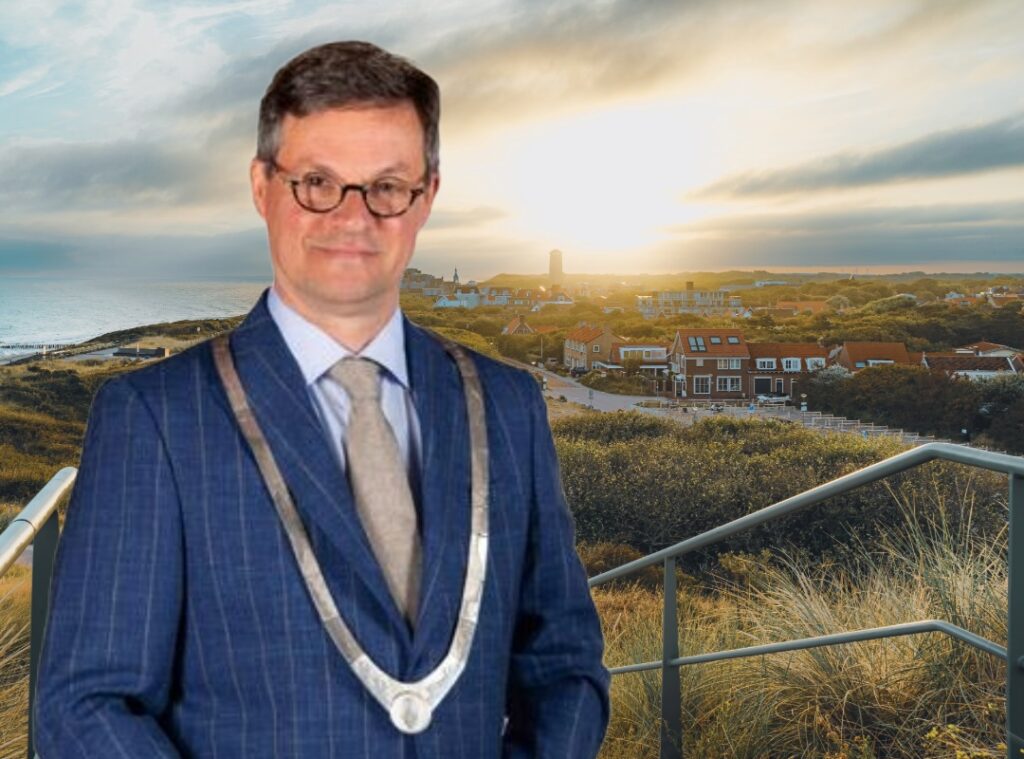The Wmo covers various facilities, including the provision of aids such as mobility scooters, but also support with transport.
Vlissingen, a city that has been under increased financial supervision by the government for nine years, has significantly cut the budgets for the Social Support Act (Wmo). This has direct consequences for vulnerable residents, who are dependent on financial support and care. These facilities are essential for guaranteeing the mobility and self-reliance of people with a physical disability or other health problems.
The Central Planning Bureau (CPB) reports that in Vlissingen the percentage of people with a low income is 5,7%, the highest in all of Zeeland. The Wmo funds, intended for aids such as mobility scooters and transport support, are limited in Vlissingen to such an extent that residents are noticeably lagging behind compared to surrounding municipalities.
The differences in the care and support that Dutch municipalities offer to their residents are considerable, with Vlissingen standing out for the extent of cuts in essential services. This was recently highlighted during a broadcast of the consumer program Kassa and a subsequent one meeting organized by the trade union FNV.
emergency bell
During an emotionally charged meeting of the FNV in Vlissingen, the alarm was sounded about this situation. Maureen van der Pligt, director of FNV Benefit Recipients, sharply criticized the local government: “One incident is bad luck. But so many incidents together really form a pattern. Things are just really wrong here in Vlissingen. As minimum wage earners, you are simply worse off here than in neighboring municipalities, which is incomprehensible for people who are already in a vulnerable position.”
The issues mentioned, including not answering emails, losing files, frequent changes of case managers due to illness, and a lack of (tailored) care, point to structural problems that affect the accessibility and effectiveness of municipal services .

Photo: Municipality of Vlissingen - Mr. ARB (Bas) van den Tillaar has been mayor of the municipality of Vlissingen since April 22, 2016. The mayor is the chairman of the municipal council and also chairman of the mayor and aldermen.
The discussion surrounding the distribution of municipal funds was further sparked by the story of Jennifer, a resident of Vlissingen who came to the attention of Kassa. Jennifer sought support from the municipality at home, but was instead offered to place her child out of her home. An example that, according to many, illustrates how the cuts are pushing people in vulnerable situations further into a corner.
Van der Pligt emphasizes that the municipality of Vlissingen has a duty of care and that financial resources, such as those for renovations to a council chamber, could be better spent on supporting vulnerable residents. The message is clear: a redistribution of resources must take place to prevent the gap between Vlissingen and its neighboring municipalities from growing further.
Vlissingen
Everyone seems to be pointing at each other. The Association of Dutch Municipalities (VNG) explains to the Kassa program: “As VNG, we cannot be linked to the financial problems in Vlissingen. We have no opinion about that either.”
The financial policy of the municipality of Vlissingen has attracted considerable attention in recent years, not only at a local level but also from the provincial government and the Ministry of the Interior and Kingdom Relations (BZK). The municipality, which has been under financial supervision for some time, has faced the challenge of balancing its budget amid a need to make cuts.
Some municipalities take better care of their residents than others. Vlissingen is a shining example of this, Kassa recently showed.
In the period from 2015 to 2018, Vlissingen has already implemented drastic cutbacks in various areas outside the social domain and has also significantly increased the Real Estate Tax (OZB). These measures reflect the seriousness of the financial situation in which the municipality found itself. In response to a request from Vlissingen, it was decided in mutual consultation with the fund managers to focus specifically on the social domain in the subsequent period, 2019-2022. This decision marks a shift in the approach to financial restructuring, recognizing that previous cuts and increases have already had a significant impact elsewhere.
Nevertheless, the Ministry of the Interior and Kingdom Relations emphasizes that, despite the guidance and consultation, the final decisions about the municipal budget and cuts lie with the municipality itself. The ministry states that the inspector, despite the advisory role and the possibility of dialogue, can only make suggestions and think along with the municipality. This approach underlines the autonomy of municipalities in managing their finances, but also the complexity and challenges involved in balancing the budget, especially within the social domain.




